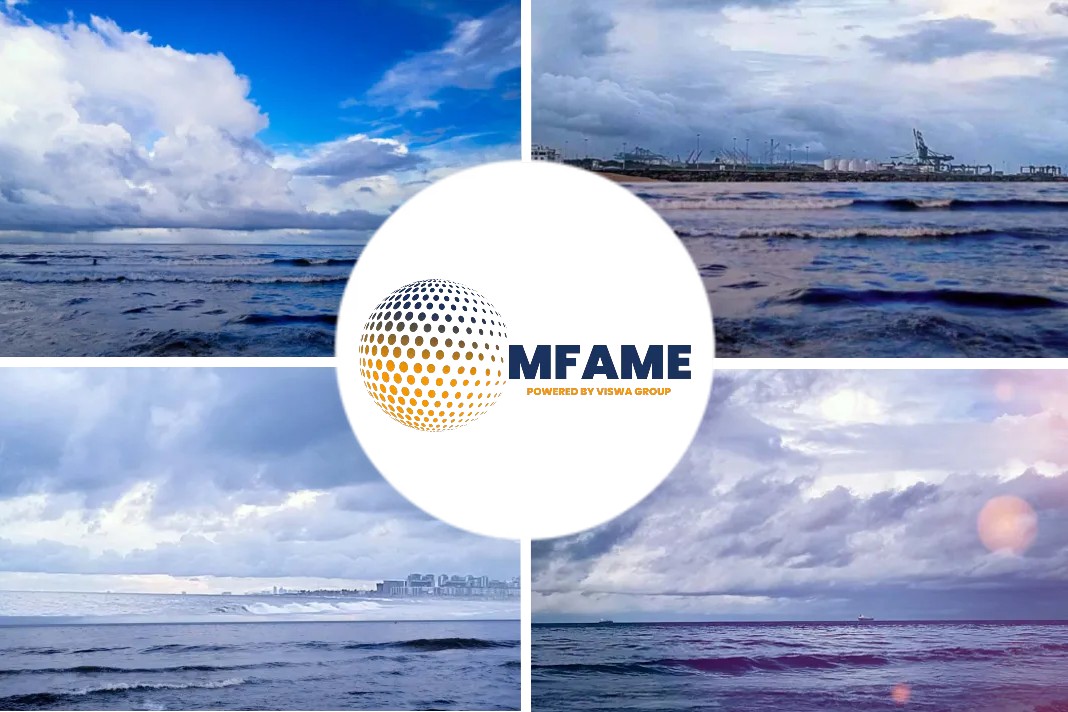- ICCT has reiterated its call for a ban on scrubbers publishing new estimates on emissions from marine fuels.
- ICCT itself recommends that individual governments take unilateral action against scrubbers within their own waters.
- The oil market has had far greater success in holding back scrubber installations this year.
Environmental group, the International Council on Clean Transportation (ICCT), has reiterated its call for a ban on scrubbers as it publishes new estimates on emissions from marine fuels, but a rapid recovery in installation rates looks unlikely in any case, reports Ship & Bunker.
Emission estimates
The organization has published new research comparing emissions estimates from ships burning various types of fuels.
A ship burning 2.6% sulfur fuel oil with a scrubber produces 59% less particulate matter than one burning VLSFO, but 61% more than one burning 0.10% sulfur MGO, according to the study.
Environmental campaigners have put up resistance to the installation of scrubbers for some years now, with varying degrees of success, the most significant pushback being in the recent run up to IMO 2020.
With marine scrubbers having been in use for some 17 years now, in that time some environmental campaigners have also pushed for adoption of the technology.
Green loans
Several port authorities around the world have introduced bans on the discharge of washwater from open-loop scrubbers within their local waters in the interests of the marine environment, but not only has there has been little serious support at the international or regional level for bans that would affect large sections of the world, owners have continued to receive state funds and so-called “green loans” to adopt the technology.
With use of scrubbers an integral part of IMO’s fuel availability study that led to the 2016 decision to implement the 0.50% sulfur cap from 2020, there is concern over what message a u-turn on the tech would send to shipowners who are now being asked to invest billions to meet the IMO 2030 and IMO 2050 emission reduction targets.
Oil market holds back scrubber installations
Still, the ICCT itself recommends that individual governments take unilateral action against scrubbers within their own waters, and that the IMO ban new scrubber installations and gradually phase out existing ones.
But the oil market has had far greater success in holding back scrubber installations this year. The price spread between high sulfur fuel oil and very low sulfur fuel oil at Rotterdam — a key measure of the profitability of installing the emissions-cleaning technology — has dropped to just $66.50/mt on Tuesday, down from $298/mt at the end of 2019.
By the time these spreads widen enough again to make scrubbers look more attractive, shipowners may have moved on to investigating alternative bunker fuels instead.
Did you subscribe to our daily newsletter?
It’s Free! Click here to Subscribe!
Source: Ship & Bunker
















